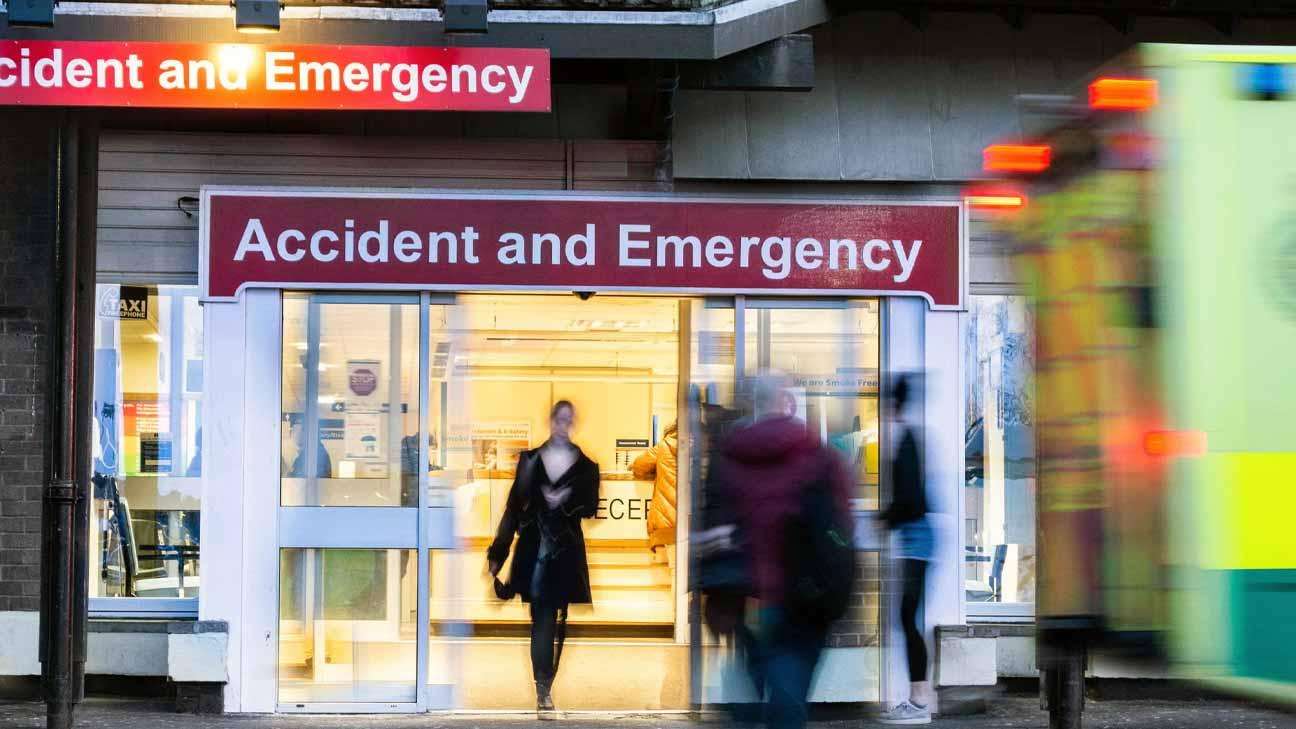Britain is caught in a political whirlwind, with the issue of asylum and illegal migration dominating national discourse and eclipsing a struggling post-Brexit economy. This intense focus, fueled by a highly visible influx of people crossing the English Channel in small boats, has been skillfully exploited by right-wing and far-right politicians, creating a toxic environment where facts are often overshadowed by fear. The consequences are now visible beyond the political arena, manifesting as a disturbing rise in hate crimes against British Muslims and their places of worship.
A Political Strategy: Creating a "Crisis"
The focus on illegal immigration is not accidental. For years, politicians on the right have found it a powerful tool for populist mobilization. The sight of small boats arriving on British shores has become a potent symbol of a perceived loss of sovereignty and control, a narrative that resonates deeply with voters who feel left behind by globalization and political elites. By consistently framing this as a "crisis," they simplify complex issues and provide a convenient scapegoat for wider societal anxieties, such as the cost of living and pressure on public services.
This strategy has been remarkably effective. A YouGov poll from August 2025 showed that nearly half of Britons would support deporting large numbers of recent migrants. This sentiment is particularly strong among voters for the Reform UK party, with 86% supporting such a move. This political climate has created a fertile ground for disinformation and hateful rhetoric, which in turn normalizes hostility towards minority communities, particularly Muslims.
Why the System Is Stuck
Despite the political pressure, the government's efforts to stop illegal migration have been slow and complex. Stopping small boats isn't as simple as it sounds due to international law. The UK is bound by conventions, such as the European Convention on Human Rights (ECHR), which mandate that asylum claims must be considered. This prevents the government from simply turning back boats or automatically deporting arrivals.
However, the government has been actively trying to deter crossings through new legislation and international agreements. The Border Security, Asylum and Immigration Bill 2025 aims to give law enforcement "counter-terror-style powers" to disrupt smuggling gangs. This includes enhanced abilities to seize phones, new offences for those conspiring to plan crossings, and stronger penalties for those selling or handling small boat parts. A new UK-France Returns Agreement, a pilot program launched in August 2025, also allows for the return of small boat arrivals to France.
The asylum system itself has also been a major financial drain. The cost of housing asylum seekers in hotels reached a staggering £5.4 billion in the 2023/24 financial year, though the government has reduced this by relying on alternative sites. The government's goal is to completely end the use of hotels, a move aimed at both cost-cutting and addressing public frustration.
The Unintended Target: British Muslims
The highly charged rhetoric surrounding illegal immigration has had a grave and deeply concerning side effect: an alarming increase in hate crimes targeting British Muslims. Recent data shows a troubling trend. The Home Office reported a 25% increase in religious hate crimes in the year ending March 2024, with 38% of all religious hate crimes targeting Muslims. Tell MAMA, a charity that records anti-Muslim hate, noted that 2024 was its worst year on record, with a 165% increase in verified cases of anti-Muslim hate compared to 2022.
The link between the political discourse and these attacks is clear. Anti-immigration riots in places like Southport have led to the vandalization of mosques and assaults on members of the Muslim community. Far-right figures have used these events to spew misinformation and hateful conspiracy theories, further emboldening a fringe element of society.
British Muslims, regardless of their nationality or origin, are being unfairly conflated with "illegal immigrants" in the public imagination. The result is a society where a group that makes up over 6% of the UK's population is facing increasing hostility, discrimination, and violence. Many Muslim women, in particular, feel vulnerable and fear being in public. The political focus on immigration has, in essence, created a "non-issue" for many voters—the false narrative that Muslims are a source of the UK's problems—which has become a real and dangerous issue for a peaceful and integrated community.
The Overlooked Economy
This political obsession with immigration has also distracted from the very real and worsening state of the UK's economy. The Office for Budget Responsibility (OBR) estimates that Brexit has reduced long-term productivity by 4%, with both imports and exports significantly lower than they would have been otherwise. This persistent economic headwind, a direct result of the political choices made in recent years, is often ignored in favor of the more emotionally charged debate around borders.
By continuing to focus on a narrow aspect of immigration, politicians and the media risk preventing a much-needed national conversation about the deep-seated economic challenges facing the country. They are, in effect, making a difficult situation even more fraught by failing to address the fundamental issues that are contributing to the public's anxiety in the first place.







_3.jpg)
.svg)

_1.jpg)